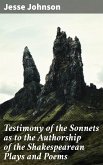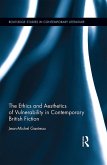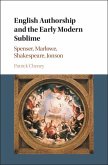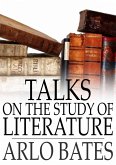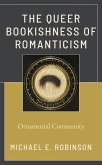In "Testimony of the Sonnets as to the Authorship of the Shakespearean Plays and Poems," Jesse Johnson presents a meticulous analysis of the Sonnets as a vital piece of evidence in the ongoing debate surrounding the true authorship of the Shakespearean canon. Employing a rigorous literary style infused with scholarly insight, Johnson dissects the sonnets' thematic and stylistic nuances, positing that these poems contain clues pointing towards a specific authorial intent that transcends the traditional attribution to William Shakespeare. The contextual backdrop of Renaissance literary practices amplifies the significance of Johnson's arguments, as he deftly navigates through the interplay of personal and public personas in this complex literary landscape. Jesse Johnson, an ardent scholar of Elizabethan literature, is well-equipped to explore the intricate ties between poetry and authorship in this pivotal era. Formerly an educator in literature, Johnson's profound engagement with Shakespeare's works has been further enriched by personal explorations into the life and influences surrounding the Bard. His background provides him with the necessary lens through which to analyze not just the texts but also the cultural and historical forces that may have shaped their creation. This compelling investigation is essential for both Shakespeare enthusiasts and scholars of literary history alike. Johnson's detailed examination invites readers into a critical dialogue about authorship, challenging established narratives while offering fresh interpretations that make this book a significant contribution to Shakespeare studies. Readers eager to explore the hidden intricacies of the sonnets and their implications on authorship will find Johnson's arguments both enlightening and provocative.
Dieser Download kann aus rechtlichen Gründen nur mit Rechnungsadresse in A, B, BG, CY, CZ, D, DK, EW, E, FIN, F, GR, H, IRL, I, LT, L, LR, M, NL, PL, P, R, S, SLO, SK ausgeliefert werden.



